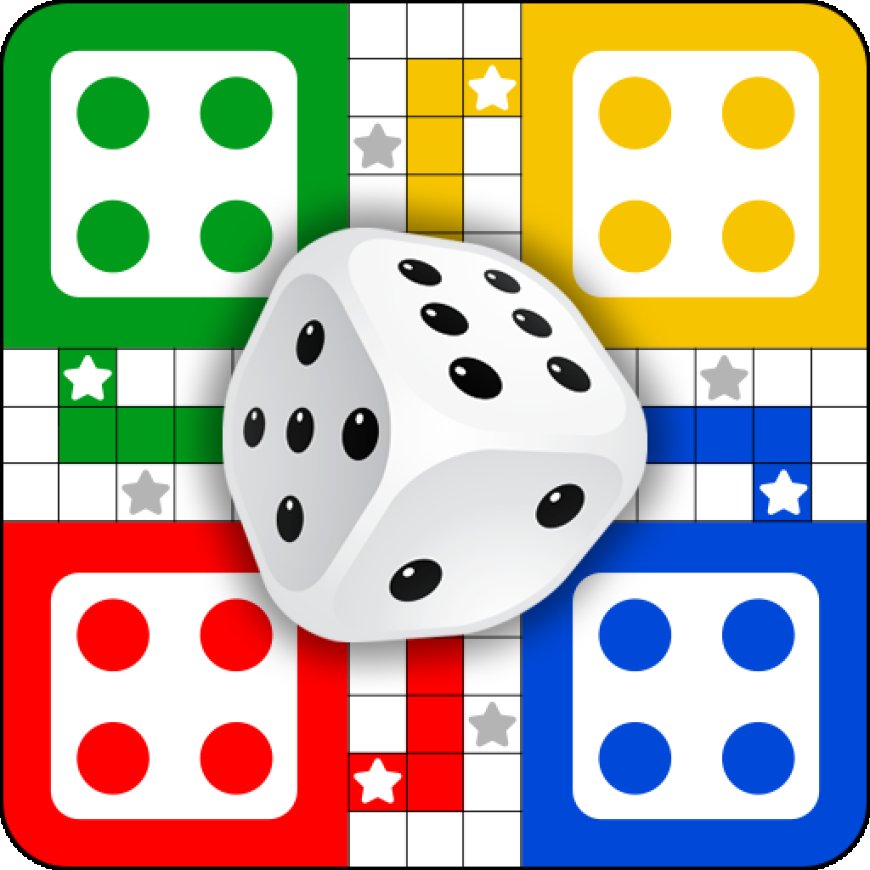From Which Country Ludo Game Was Originated?
To fully appreciate Ludo's origin, we must understand that it belongs to a widespread family of board games known as "cross-and-circle" games.

To fully appreciate Ludo's origin, we must understand that it belongs to a widespread family of board games known as "cross-and-circle" games. While many cultures independently developed similar concepts, the most robust historical evidence overwhelmingly points to India as the cradle of Ludo's direct ancestor, Pachisi.
The Cross-and-Circle Family: A Universal Archetype, an Indian Genesis
The core design of Ludoa cruciform (cross-shaped) path leading to a central "home" areais not unique to India. Games with similar layouts can be found in various ancient cultures, suggesting a fundamental human fascination with race-and-capture mechanics.
Global Cousins, Separate Lineages? While games like the Native American "Zohn Ahl" or the Korean "Yut" also feature cross-and-circle designs, they are generally considered independent inventions or very distant relations. Their rules, pieces, and cultural contexts differ significantly from Pachisi.
India's Definitive Role:
Pachisi, however, stands out as the direct evolutionary ancestor of Ludo. Its ancient lineage, supported by archaeological findings (like the Ellora Caves) and literary references (like the Mahabharata), firmly establishes India as the genesis point for this specific branch of the cross-and-circle family. No other culture provides such a continuous and well-documented historical path to the game we now call Ludo.
Pachisi's Deeper Cultural Resonance in India:
Pachisi was far more than a simple pastime in India; it was deeply interwoven with cultural, spiritual, and even architectural aspects. This profound integration makes its Indian origin even more distinct.
Cosmic Symbolism on the Board:
The cross-and-circle layout of Pachisi wasn't arbitrary. Scholars suggest it often symbolized the cosmic order or a mandala, with the central square (often called "Charkoni") representing the spiritual center or the universe's heart. The four arms could signify the cardinal directions, elements, or even different aspects of life's journey. Pachisi wasn't just about moving tokens; it was a miniature representation of existence.
A Game of Dharma and Karma:
While the game involved chance (through the cowrie shells), strategic thinking was paramount. The game was often used as a metaphor for life's unpredictability and the interplay of destiny (luck of the roll) and free will (strategic choices). Capturing an opponent's piece could be seen as a setback, echoing life's obstacles, while safely reaching home symbolized enlightenment or achieving one's goals. This underlying philosophical layer is a unique aspect of Pachisi's Indian identity, rarely found to the same extent in its later derivatives.
Social Ritual and Intergenerational Play:
Pachisi fostered social bonding in unique ways. Not only was it played in grand royal courts, but it was also a common household game. The team-play aspect of traditional Pachisi encouraged cooperation and communication, often transcending social strata. Grandparents would teach grandchildren, passing down not just rules but also implicit cultural values like patience, foresight, and resilience. This social ritual aspect was key to its enduring popularity for centuries.
Beyond Recreation: A Tool for Reflection:
Some variations of Indian race games, like Gyan Chaupar (a precursor to Snakes and Ladders), were explicitly designed as moral allegories. While not identical to Pachisi, they share the same cross-and-circle family and highlight a trend in Indian board games to imbue play with deeper meaning and life lessons. This intellectual and spiritual depth is a hallmark of ancient Indian game design that influenced Pachisi's enduring legacy.
The Name "Ludo": A Colonial Echo, Not an Origin
It's crucial to reiterate that the name "Ludo" is a relatively recent, Anglicized term. It was a marketing choice by Alfred Collier in England in 1896, aimed at simplifying and popularizing a game he encountered in India. To attribute the game's origin to England based on its modern name would be akin to saying "curry" originated in England because the word was popularized there, despite its deep Indian culinary roots.
Ludo games online free, while Ludo has traveled the world and spawned countless variations, its spiritual and historical home remains firmly in India, where its ancestor Pachisi was played on palace floors and imbued with layers of cultural and philosophical significance long before it became a global pastime.



























